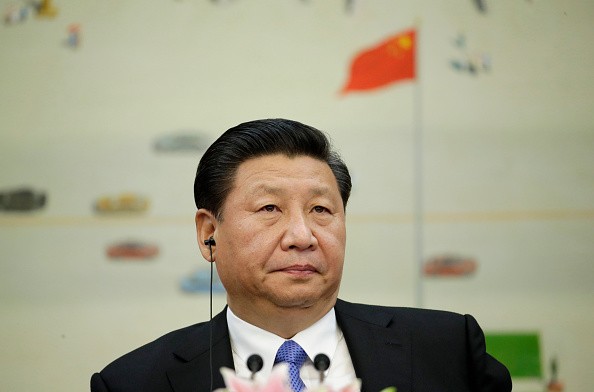President Xi Jinping departed from Beijing on Tuesday, Jan. 19, to begin his Middle East tour, according to a report by China Daily. On his first overseas trip of the year, Xi will be tackling China’s role in promoting peace and development in the region.
In a media briefing in Beijing held on Monday, Jan. 18, Vice Foreign Minister Zhang Ming said that the Chinese president will also outline the country's plans to promote pragmatic cooperation.
Experts are optimistic about the trip and the president's schedule. Hope is particularly high in terms of reviving the troubled region. Xi is also expected to address the leaders of the region in a speech on Middle East policy and China's Belt and Road Initiative.
Included in his itinerary are the countries of Saudi Arabia, Egypt and Iran, the three major players in the Middle East. Leaders he will meet are Egyptian President Abdel-Fattah al-Sisi, Iranian President Hassan Rouhani, and Saudi Arabian monarch King Salman bin Abdulaziz Al Saud.
President Xi will also drop by the headquarters of the Arab League in Cairo to deliver a speech, said Zhang.
Xi's trip to the Middle East was only announced last week.
Aside from strengthening relations and celebrating the 60th anniversary of China-Arab and China-Egypt diplomatic relations, the state visits also aim to discuss major international and regional issues.
According to Wu Sike, a former Chinese special enjoy for Middle East affairs, Xi's visit to the region will show detractors and supporters alike that China's policies "have been tested by time and the evolving situation."
So far, relations between China and any of the three nations have remained on the good side, said experts.
"Arab-Chinese ties are stable and far from any tensions, disagreements, or contradictions in political positions," said Nourhan al-Sheikh, a political sciences professor at Cairo University.
Meanwhile, senior expert in Middle East studies Li Shaoxian from Ningxia University named Iran as a steadfast supporter of the Belt and Road Initiative.




























